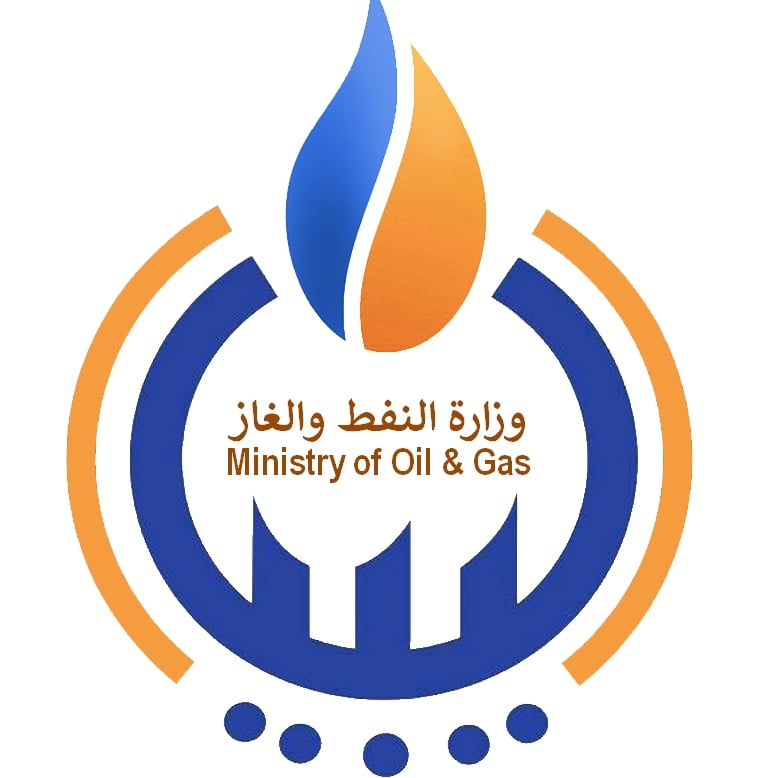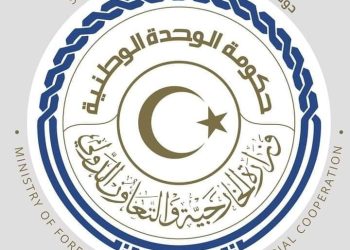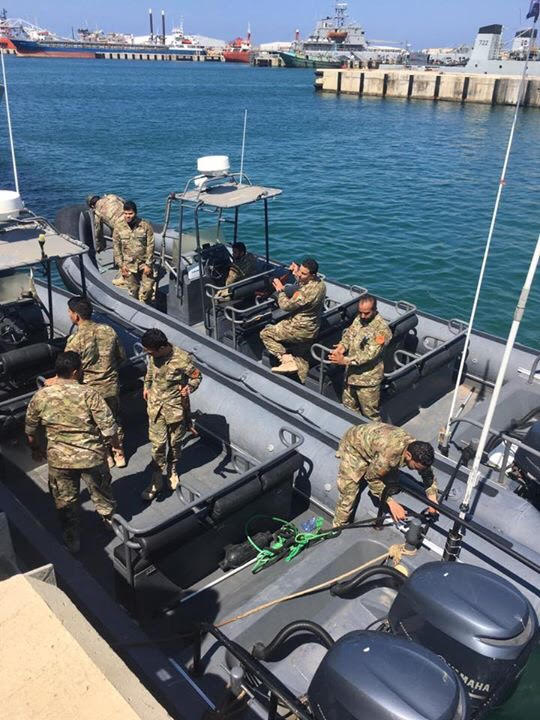By Sami Zaptia.

London, 7 April 2017:
Libya is a very important market with upsides to projects that could be successfully implemented, Debbie Hirst, head of AmCham Libya told the organizers of the Libya Investment Summit, which will be held on 9-11 May in Istanbul.
Hirst was answering a series of questions on AmCham Libya, on myths about Libya and gave tips on doing business in Libya.
What brought you to Libya?
Debbie Hirst: I was attracted to Libya because of the combination of elements and investment drivers that are present here: 50 years of underinvestment; an oil economy with the financial resources for the investments; no Sunni-Shia conflict (there are tribal conflicts but tribal conflicts have historic dispute resolution mechanisms); Western military intervention did not result in Libyan lives being lost so there is no related resentment towards Westerners; I felt there was a window of perhaps 2-5 years before the situation completely normalized, during which time there would be particular upsides to projects that could be successfully implemented.
Do you think you made the right choice?
Debbie Hirst: I came to Libya in 2013. Things definitely took a turn for the worse in mid-2014 when the elected House of Representatives was not allowed to establish itself in Tripoli, and since then many productive activities in the country have come to a standstill. I still believe that there will be a resolution, but the situation has become very complicated, so I can’t say when that resolution will occur. I haven’t given up, and I don’t regret my decision to come here.
How is it living there now?
Debbie Hirst: I would not stay in Libya if I felt the security risks were unreasonable or unmanageable. That is not to say that there are no risks. There are many risks. The key is to identify them, try to mitigate them, and decide if they are risks that you can accept. If not, being in Libya is probably not for you.
What activities is AmCham involved in?
Debbie Hirst: I have only recently restarted AmCham, so in fact our current activities are quite limited. I’m attempting to rebuild the membership. Our first activities will be regular networking events. Subsequent activities will depend on what is relevant and of interest to the membership.
Why did you want to restart AmCham?
Debbie Hirst: The U.S. Chamber of Commerce is the world’s largest business organization representing the interests of more than 3 million businesses. I’ve been involved with AmChams in different countries, and they can be an important force in helping to create opportunities for international businesses in foreign countries, which in turn brings significant value to the countries where the business is being conducted. The U.S. Chamber mission in Africa is to build lasting prosperity for Africans and Americans through job creation and entrepreneurial spirit. Libya is a very important market, and the international companies are starting to come back in. I thought it was the right time to restart the group here.
Why do you think AmCham-Libya is relevant and why does it make sense to become a member?
Debbie Hirst: AmCham-Libya is just starting again. Internationally it’s a very strong organization, and we benefit from the guidance and support of the U.S. Chamber in Washington, D.C., as well as its member organizations. AmCham-Libya’s strength will depend on its membership. I am hopeful that traditional AmCham member companies will see the value in re-engaging with AmCham in Libya, and that together we can build an organization that will contribute to the success of its member companies, and to the reconstruction of Libya.
Four myths about doing business in Libya:
Hirst felt that in her experience there are four main myths about doing business in Libya.
Myth one: It’s very dangerous and expats can’t live there
Reality: The situation is fluid, and due to the lack of embassies, generally expats are encouraged not to be there. However, there are still a number of Western foreigners living in the Tripoli-Misrata area, and life continues on in a Libyan “normal” way. There has never been a true lack of essentials and in my experience, living cautiously and carefully, the security situation can be managed. Traveling in and out can be inconvenient given the lack of international airlines and the size of Mitiga airport, but I do it on a regular basis, as do other Western expats, with very few serious complaints.
Myth two: Libya is just ISIS and illegal immigrants and their traffickers
Reality: Based on what you see on CNN and Sky News, that would be a reasonable conclusion. However, those are only two aspects of Libya. The fight against ISIS was occurring in and around Sirte, and does not have a strong impact on Tripoli. That does not mean that you don’t need to be vigilant and cautious, or that isolated incidents cannot occur. There is a high level of general criminality in Tripoli currently, and you need to adjust your behaviour accordingly. The issue of immigrants using Libya as a departure point to try to get to Europe is a tragedy for those involved, but it does not have a major impact on the lives of residents in the Tripoli-Misrata area.
Myth three: The political struggle in Libya is between the Islamists and the Secularists
Reality: The current situation in Libya is very complex, and it is fundamentally a power struggle among different groups who would like the wealth of Libya for themselves. Libya is a tribal society, and alliances shift and change, sometimes very quickly. It was a very difficult transition from 40+ years of dictatorship to democracy, and by and large the supporting institutions were not in place, and the general population was not prepared to engage in the way that is necessary for a democracy to function. No armed group is strong enough to forcibly take power from any of the other armed groups, but no one appears prepared to sit down and work out a compromise for the time being. In addition, given the tribal nature of the situation, alliances among the groups are difficult when it involves ceding leadership to someone from the other group.
Myth four: Libya is a failed state.
Reality: Libya is facing significant challenges. The lack of one national government means that the large government contracts that are necessary to rebuild the country cannot be signed because there are no definitive authorized signatories. This means that many large international companies are not coming back in for the time being. The security situation could be managed if there was money to be made. If there’s no money to be made (i.e. government contracts not being signed), it doesn’t make any sense to try and deal with the security issues. Libya is blessed with natural resources that have the potential to generate a level of revenue that could create a comfortable, even luxurious, existence for every Libyan for generations to come.
However, in order to create the environment that will allow the companies to come back in and make the investments, the leaders of the current warring factions need to take decisions that are in the best interests of Libya and themselves. They think that their current posturing may at some point result in outsized benefits for their particular constituents, but in fact, all that is happening is that all Libyans are suffering, including their constituents. We all hope that a resolution will come soon, but it will not be overnight, and there will most certainly be bumps along the road. However, Libya is not a failed state and in my opinion is not on the path to becoming one.
Seven tips for foreigners doing business in Libya
Hirst also gave her top seven tips for doing business inn Libya.
- Try to learn a couple words of Arabic. A little “shin joe” will get you far.
- Accept that no important information is passed or business conducted on the phone or by email. You’ve got to go in person.
- Smile. It helps a lot. Libyans are generally very friendly people, and a smile sets the tone for the interaction.
- Realize that many Libyans would go to the end of the earth to help you. But, be observant always. If something doesn’t feel right, don’t ignore it.
- Realize that every foreigner is effectively an ambassador for their country. What you do will be ascribed to all people from your country. So, act well.
- Try and find an amazing fixer. A good Libyan can get you out of just about any bind you may find yourself in. Bring them to the airport with you!
- Be prepared for the unexpected and think through what your Plan B is.
Libya Herald is a platinum media partner of the Libya Investment Summit.
Versions of the above article were previously published on www.libyainvestsummit.com










